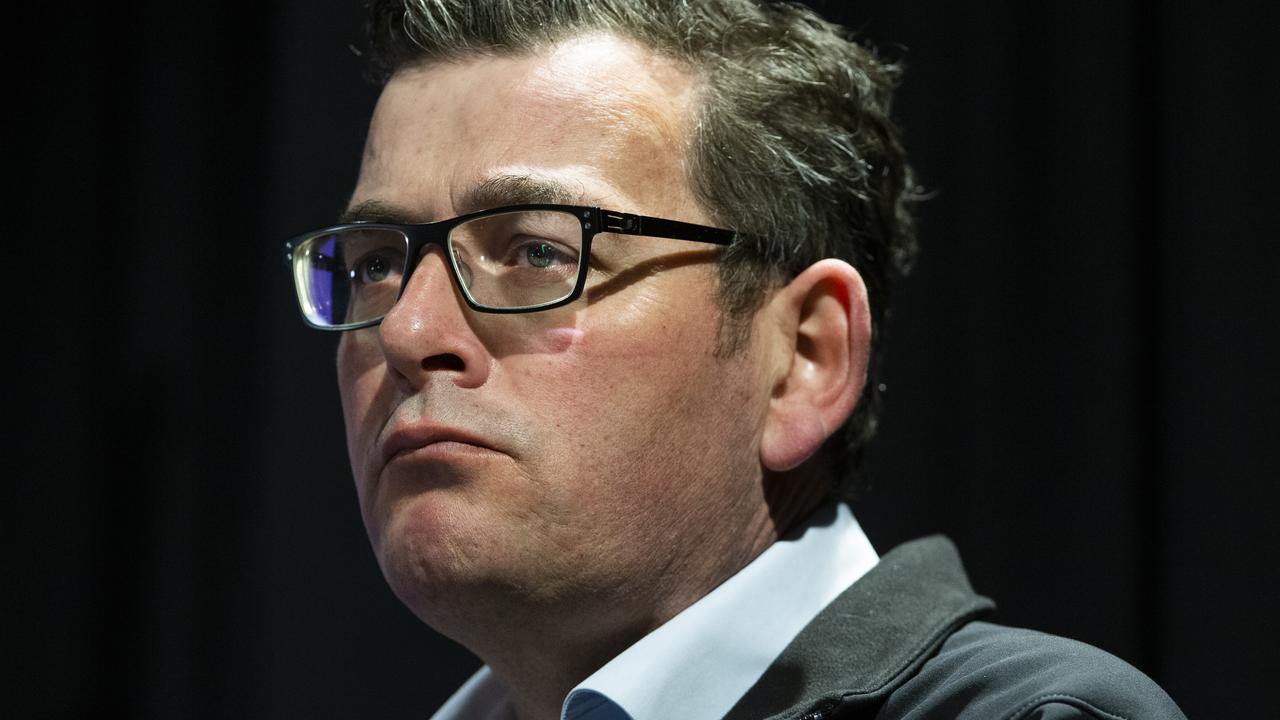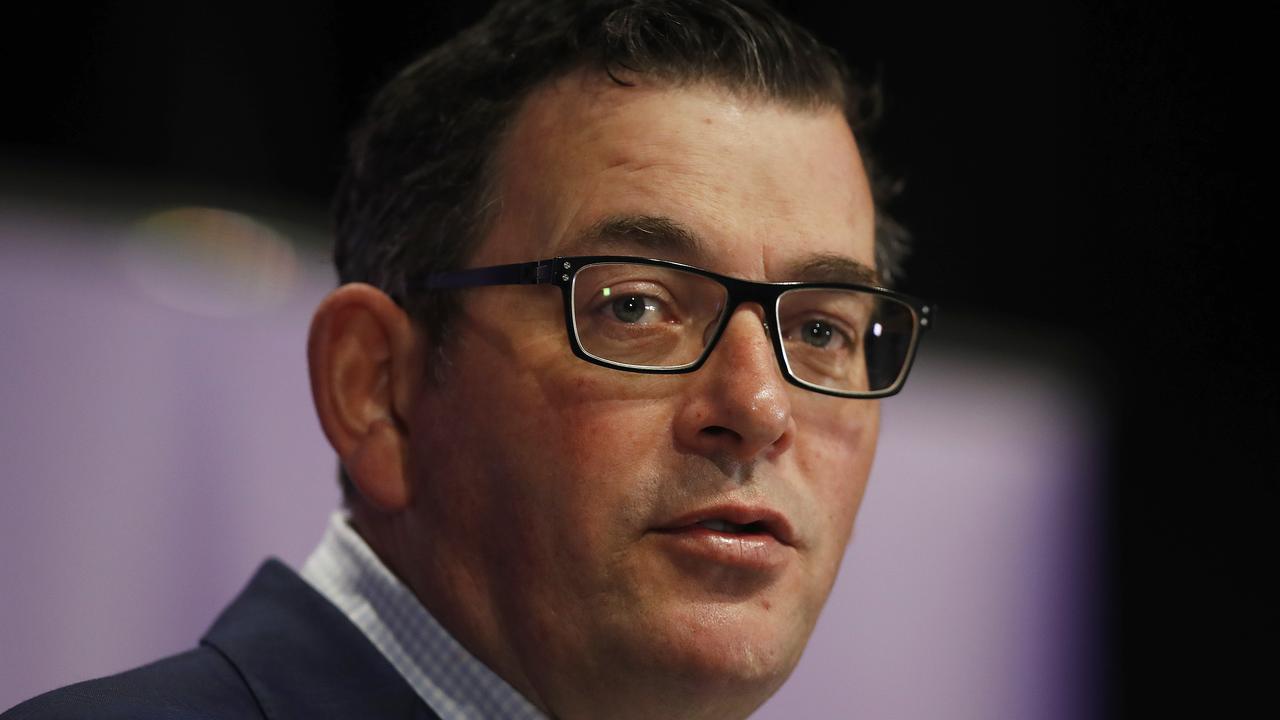Royal commission into Australia’s banking sector heralds Malcolm Turnbull’s loss of control
FORCED to choose between a humiliating U-turn and a rebellion on the floor of the House of Representatives, Malcolm Turnbull on Thursrday sucked it up and tried his best not to look like a goose, writes James Campbell.
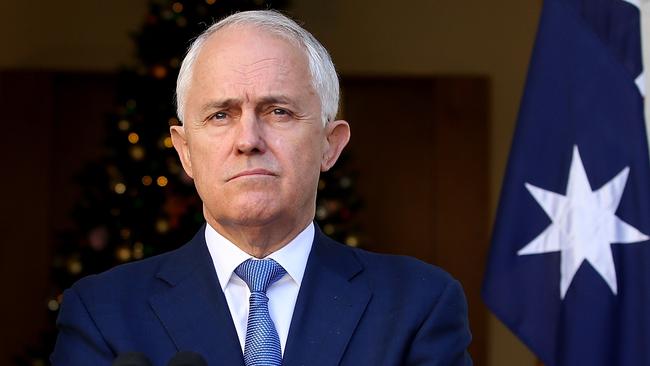
James Campbell
Don't miss out on the headlines from James Campbell. Followed categories will be added to My News.
FORCED to choose between a humiliating U-turn and a rebellion on the floor of the House of Representatives, Malcolm Turnbull on Thursrday sucked it up and tried his best not to look like a goose.
‘TIME TO END THE BANK BASHING’
ANNA BLIGH: WHY WE BACK A ROYAL COMMISSION
TERRY MCCRANN: DISASTER’S NOT IMMINENT BUT YOU WILL PAY
Almost to the moment Turnbull and Treasurer Scott Morrison walked out to announce that we would, after all, be having a royal commission into the banks, government MPs were publicly attacking the idea.
A week ago, Liberal Party elder statesman John Howard said he would be “staggered” if the government gave in to demands for an inquiry, dismissing the idea as “rank socialism”.
Thursday’s rank socialism is today the “only way we can give all Australians a greater degree of assurance”.
In a line that will haunt him, Turnbull explained that “government policy remains the same until it’s changed”.
AUSTRALIA’S MAJOR BANKS CALL FOR ‘INQUIRY’ INTO FINANCIAL SERVICES SECTOR
IN DEPTH: How uncertainty has impacted on banks
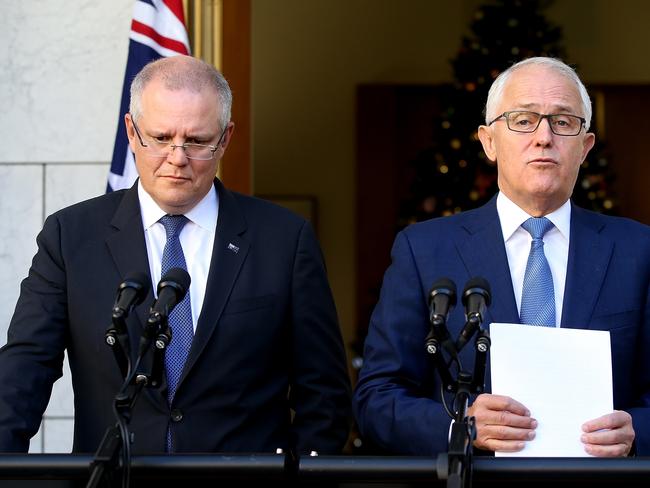
Trying to make the best of it, he was admirably blunt about what had brought about that change. “Ministers and treasurers, Cabinets, governments have to deal with the circumstances with which they’re presented,” he said. “This is an inquiry that is necessary, given the circumstances of the time.”
His argument that the “speculation and the uncertainty and the politics around this issue require the government to take control of the inquiry issue, have a properly constituted inquiry” makes sense.
But it requires the listener to ignore the fact that all this speculation and uncertainty is being caused by the fact the government has lost control of its own backbench.
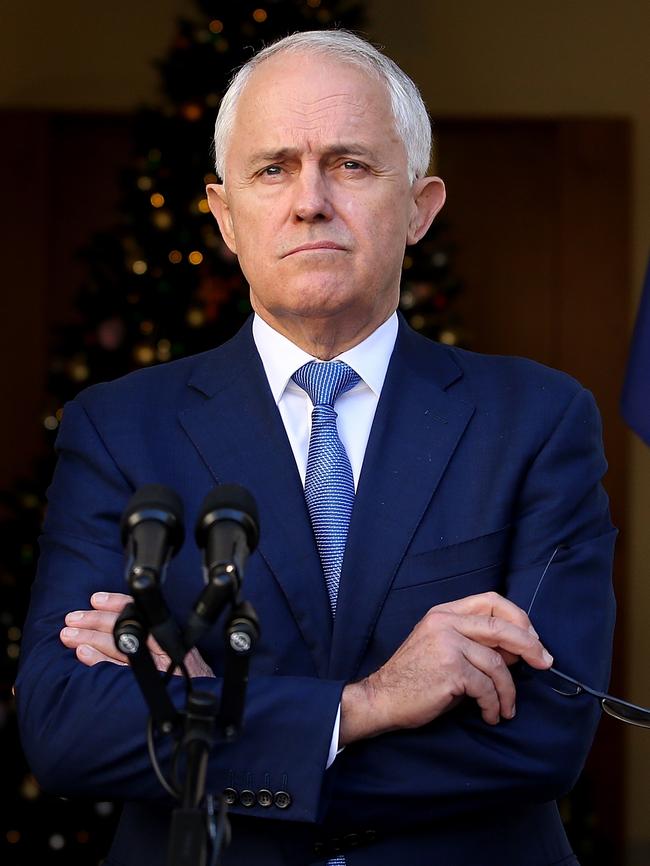
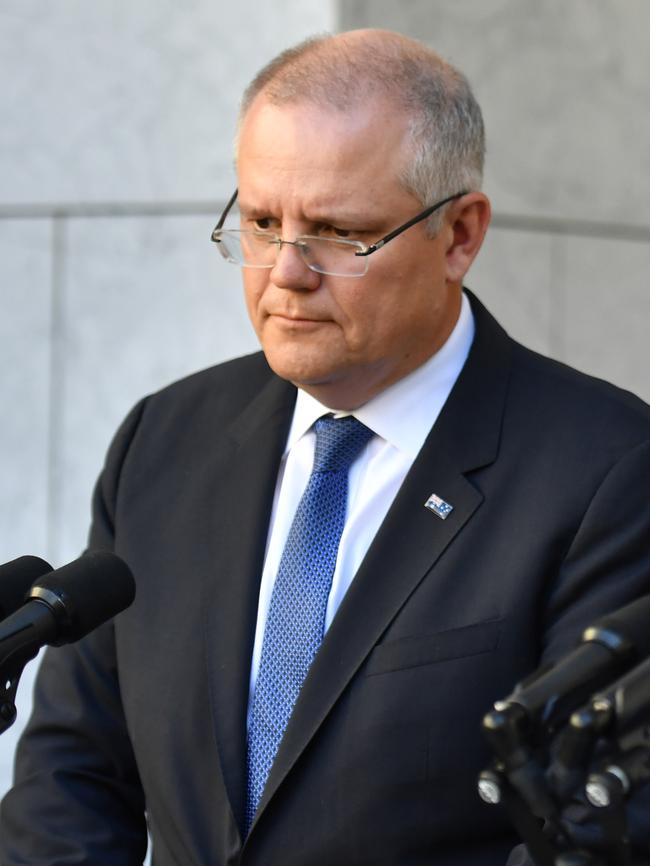
It is, as Morrison said, “a regrettable but necessary course of action”.
Necessary it may be, but was it really necessary to do it just as colourful Sydney political identity Sam Dastyari was resigning from all his party positions for the second time? In any other politician, a second exit from a leadership role in the Labor caucus would almost certainly be the end of their ministerial ambitions.
But if anyone can come back again, it will be the charming and clever Dastyari who, in addition to being one of the few first-rate communicators in parliament, is also a powerful figure in the NSW Right.


